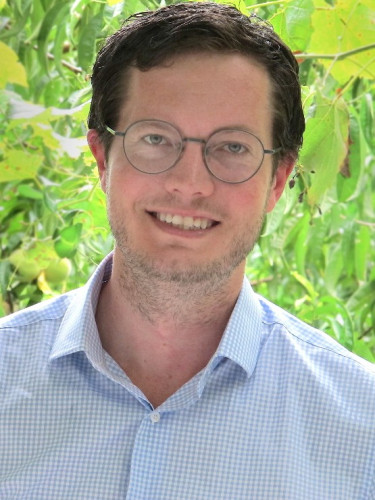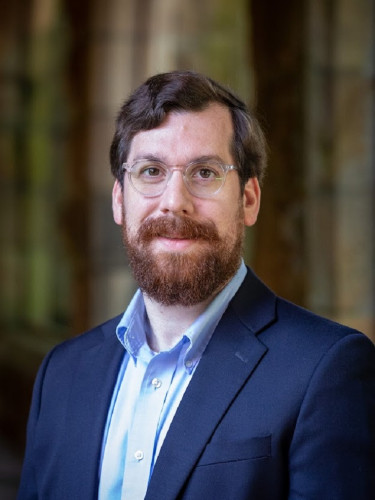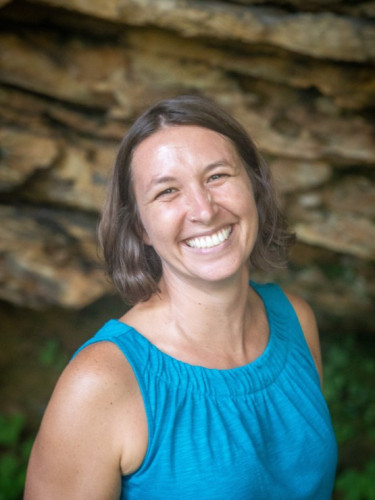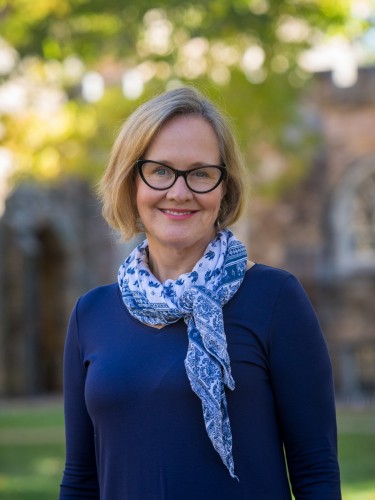We live and thrive through connection, embedded in vast networks of interdependence. How have those ecological systems been treated by human cultures and economies? How can we heal those relationships? What will it look like to build a society that is enduring and equitable? Who must we become? Who will lead us there?
Why study Environment & Sustainability at Sewanee?
The global ecological crisis will not be reversed using the same thinking that caused it. The world needs the next generation to think differently. By studying Environment and Sustainability at Sewanee, you'll be prepared to address complex environmental issues through a wide variety of careers.
Because all human and ecological systems are interconnected, environmental issues cannot be studied in isolation. Policy, science, and economics are all involved. To understand root causes and viable solutions, we need the other disciplines too: history, religion, arts, languages, and leadership. Environmental studies is liberal arts.
Integrated knowledge and global thinking needs to be balanced with local immersion: deep and rich relationships within a particular place. Enter Sewanee’s Domain: 13,000 acres of forest, fields, bluffs and streams at your doorstep, all nested within a tight-knit local community of land stewards and regenerative farmers. What better place to study our place in the natural world? What better place to foster a lifelong dedication to the work of sustainability?
First destinations: Environment & Sustainability Majors
Sewanee graduates secure positions in a variety of fields. Some you would expect, others are a bit of a surprise. Sewanee prepares you for your profession and your passion. Below is a sampling of recent graduates' first jobs.
- Research analyst, ICF International, Fairfax, Virginia.
- Field engineer, John Moriarty and Associates, Boston, Massachusetts.
- Reforestation and environmental educator, Peace Corps, Paraguay.
- Princeton in Asia fellow, World Wildlife Fund, Bangkok, Thailand.
GRADUATE SCHOOL & PRE-PROFESSIONAL PROGRAMS: ENVIRONMENT & SUSTAINABILITY MAJORS
Sewanee graduates enjoy extraordinary acceptance rates to top graduate and pre-professional programs–about 95 percent to law school and over 85 percent to medical school. Below is a sampling of where Sewanee grads continue their education.
- M.A. in earth & energy resources, University of Texas, Austin.
- J.D., Tulane University Law School.
- M.Sc. in ecological economics, University of Edinburgh.
- M.A. in international environmental policy, Middlebury Institute of International Studies at Monterey.













